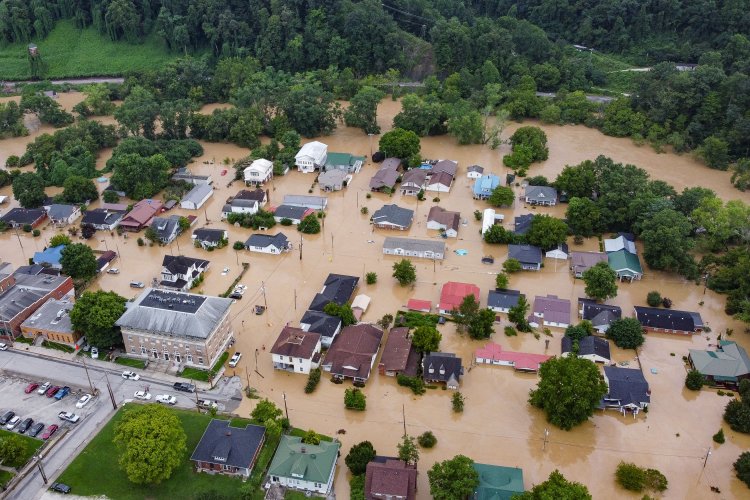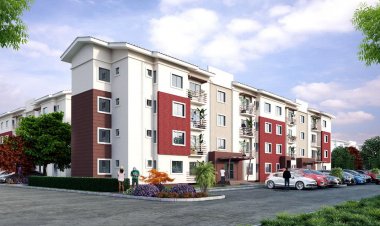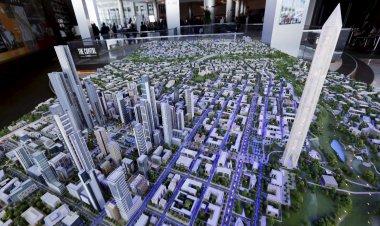Risks Faced by Urban Real Estate in Flood-Prone Areas
Managing and mitigating flood risks in densely populated urban environments presents unique challenges that require coordinated efforts and innovative solutions.

Urban real estate properties located in flood-prone areas face a myriad of risks that can significantly impact their value, structural integrity, and overall desirability. Herein, we will delve into the specific risks that urban real estate properties face in flood-prone areas, discuss the challenges of managing and mitigating flood risks in densely populated urban environments, and examine the potential long-term consequences of repeated flood events on urban real estate investments.
Specific Risks Faced by Urban Real Estate in Flood-Prone Areas:
1. Structural damage
Floodwaters can cause extensive damage to the foundations, walls, and infrastructure of urban real estate properties, leading to costly repairs and decreased property value.
2. Health and safety hazards
Floods can introduce contaminants and hazardous materials into urban properties, posing health risks to occupants and requiring thorough remediation efforts.
3. Disruption of services
Flood events can disrupt essential services such as electricity, water supply, and transportation, affecting the livability and functionality of urban real estate properties.
4. Decreased market value
Properties located in flood-prone areas may experience decreased market value and difficulty in attracting buyers or tenants due to perceived risks associated with flooding.
Challenges of Managing and Mitigating Flood Risks in Densely Populated Urban Environments:
1. Limited space for flood mitigation infrastructure
Densely populated urban areas often have limited space for implementing flood mitigation measures such as green infrastructure, flood barriers, and retention ponds.
2. Coordination among stakeholders
Managing flood risks in urban environments requires coordination among various stakeholders, including property owners, local governments, and community organizations, which can be challenging due to competing interests and priorities.
3. Aging infrastructure
Many urban areas have aging infrastructure that may not be equipped to handle the increased frequency and intensity of flood events, posing challenges for effective flood risk management.
Potential Long-Term Consequences of Repeated Flood Events on Urban Real Estate Investments:
1. Decreased property values
Repeated flood events can lead to decreased property values in flood-prone urban areas, making it difficult for property owners to recoup their investments.
2. Increased insurance costs
Insuring urban real estate properties in flood-prone areas can become increasingly expensive as insurance companies adjust premiums to account for higher flood risks.
3. Displacement of residents
Severe and repeated flood events may result in the displacement of residents from urban properties, leading to social and economic disruptions within the community.
Urban real estate properties in flood-prone areas face significant risks that can impact their value, safety, and marketability. Managing and mitigating flood risks in densely populated urban environments presents unique challenges that require coordinated efforts and innovative solutions. The potential long-term consequences of repeated flood events on urban real estate investments underscore the importance of proactive risk management strategies and sustainable urban planning practices to build resilient and adaptive communities in the face of increasing climate uncertainties.
If you have a real estate press release or any other information that you would like featured on the African Real Estate Blog Post, do reach out to us via email at [email protected]
























![4 Indigenous Tribes Living in Huts in East Africa [PHOTOS]](https://realestateblogpost.com/uploads/images/2023/06/image_380x226_6482dd8b5c94a.jpg)







